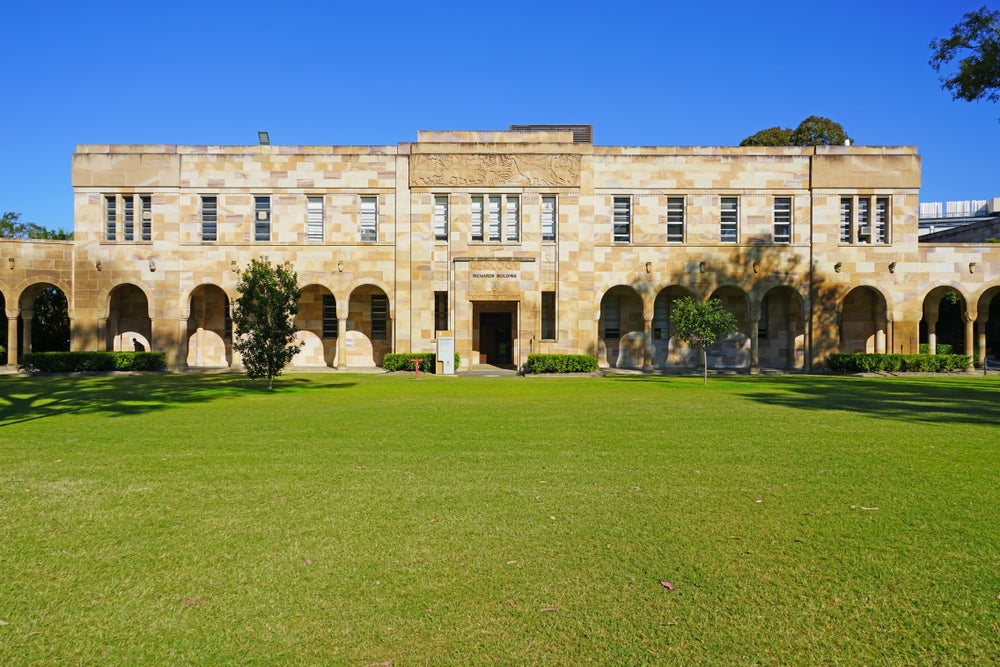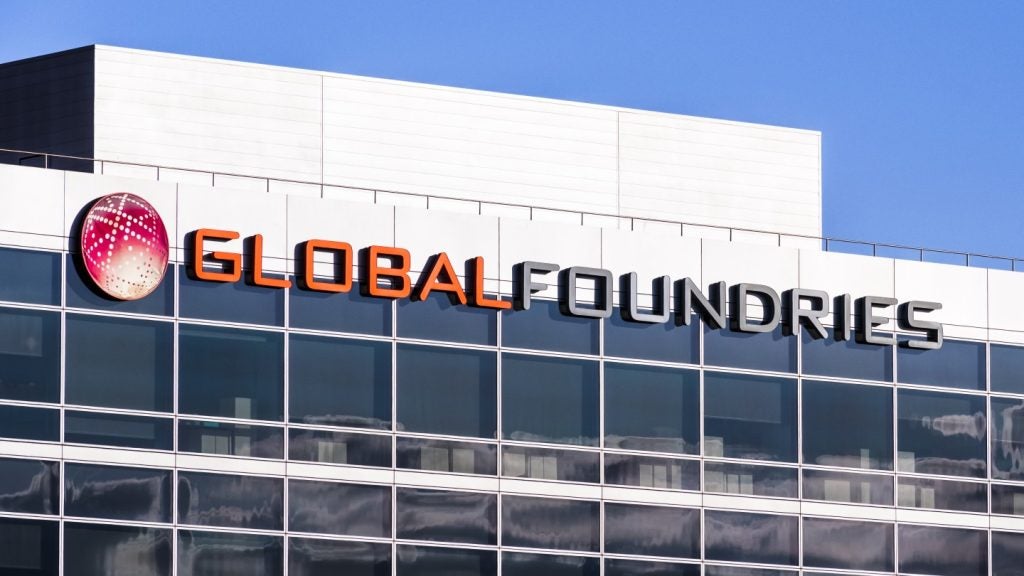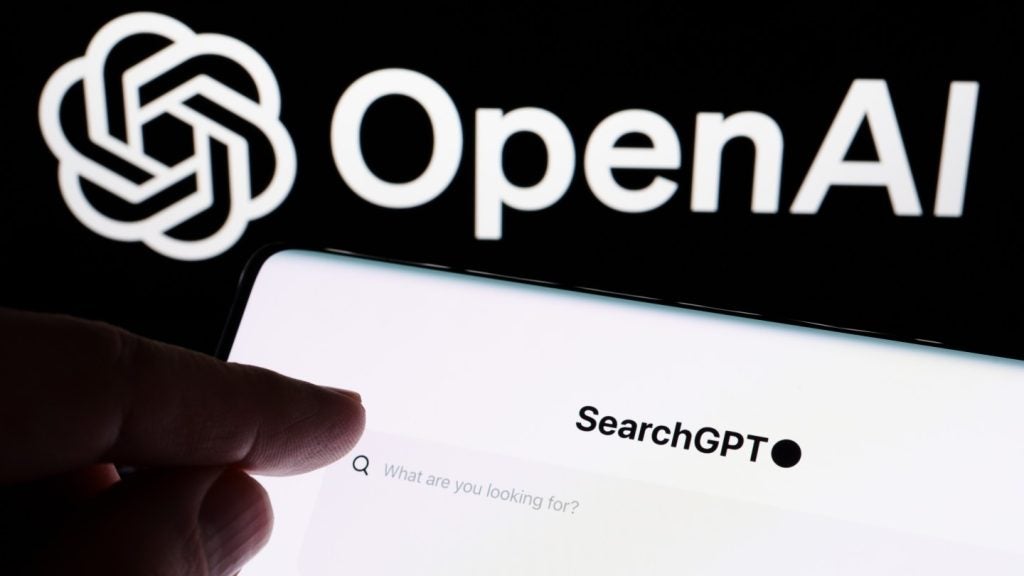Amid a global technology race centred on the US and China, Australia has quietly emerged as a key player in quantum computing, positioning itself as one of the most competitive ecosystems in the world.
US-China tensions have been dominating headlines as the two nations compete to establish themselves at the forefront of emerging technology. In the shadows, Australia has been methodically assembling a quantum computing network. What many are perhaps just waking up to is that this quantum computing network has transformed Australia into a formidable competitor, or ally, in the quantum race.
Australia’s quantum computing legacy
Australia’s ascent into quantum computing can be traced back to academic research carried out in decades past by the likes of the University of Queensland – a founding institution of the Special Research Centre for Quantum Computing Technology established in 2000, the University of New South Wales (UNSW), the University of Melbourne, and the University of Sydney. As a testament to the productivity of academic research, Michelle Simmons, professor of quantum physics at the UNSW, was named “Australian of the Year” in 2018 by the National Australia Day Council.
Michelle Simmons is now the director of the Centre for Quantum Computation & Communication Technology, which is one of the most well-respected research collectives globally and receives funding from the Australian Research Council.
Australia’s first quantum spinout was Quintessence Labs, which emerged in 2008 from the Australian National University. A pioneer in quantum encryption, Quintessence Labs is still going strong with headquarters in Canberra and offices within California. Since 2008, several other quantum computing startups have emerged within Australia, such as h-bar and Q-CTRL.
Building a quantum computing industry
A particularly difficult feat for quantum computing is bridging the gap between academia and industry. Access to funding, talent, and infrastructure is crucial for startups to scale and succeed in the competitive quantum computing market, and these requirements are often tied to government initiatives.
In 2023, Australia released its first National Quantum Strategy, which highlighted the immense opportunity the technology presents to the nation with the creation of almost 20,000 jobs over the next 20 years. The Strategy estimates that within the same time frame, Australia’s quantum computing industry could be worth A$6bn ($4bn).
More recently, in April 2024, the Australian government made headlines for its sizeable investment into PsiQuantum, a company headquartered in the US and counting two Australians among its co-founders.
Australia’s federal government has announced A$470m will be directed towards PsiQuantum and its development of quantum computing within Brisbane. The state government of Queensland will be making an equal contribution, bringing the total to A$940m.
Separating from the herd
There are numerous types of quantum computing architectures, a full description of which can be found in GlobalData’s Quantum Computing report. Popular architectures include superconducting and trapped ion qubits.
Australia has prioritised silicon quantum computing and is home to the eponymous company Silicon Quantum Computing, which is reported to be the only manufacturer in the world of silicon quantum devices possessing atom-scale precision.
Silicon has been the foundation of the semiconductor industry since its earliest days. Industry familiarity and compatibility with today’s advanced fabrication techniques make it an appealing choice for quantum computing.








